News & Insights
Explore the latest thinking, case studies, and research from across the NIA. From real-world impact to innovation journeys, discover how our Fellows and partners are shaping the future of health and care.
Filter by category
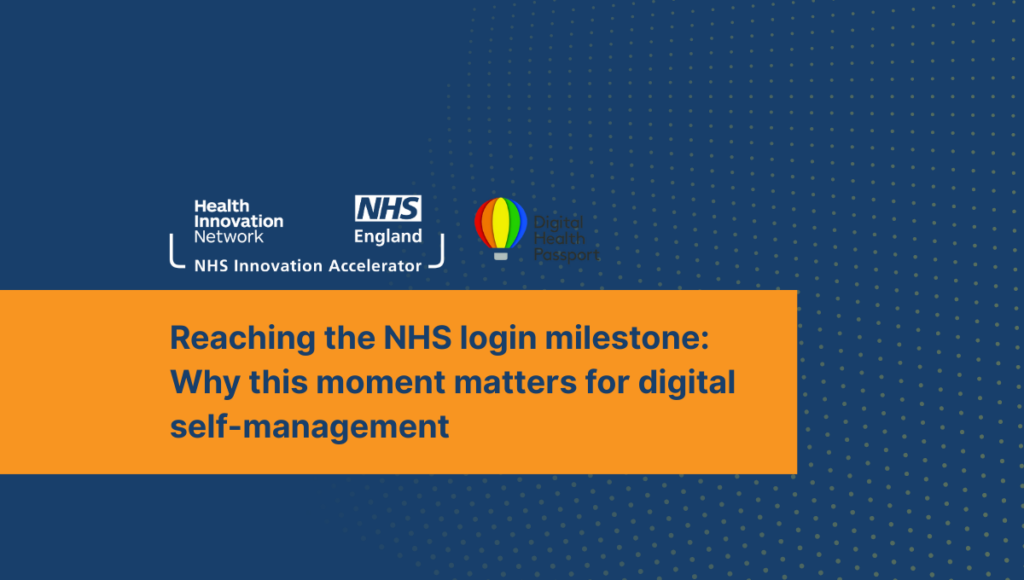
Reaching the NHS login milestone: Why this moment matters for digital self-management
Find out about the Digital Health Passport’s decade of persistence, iteration and sheer determination that got them to support the…
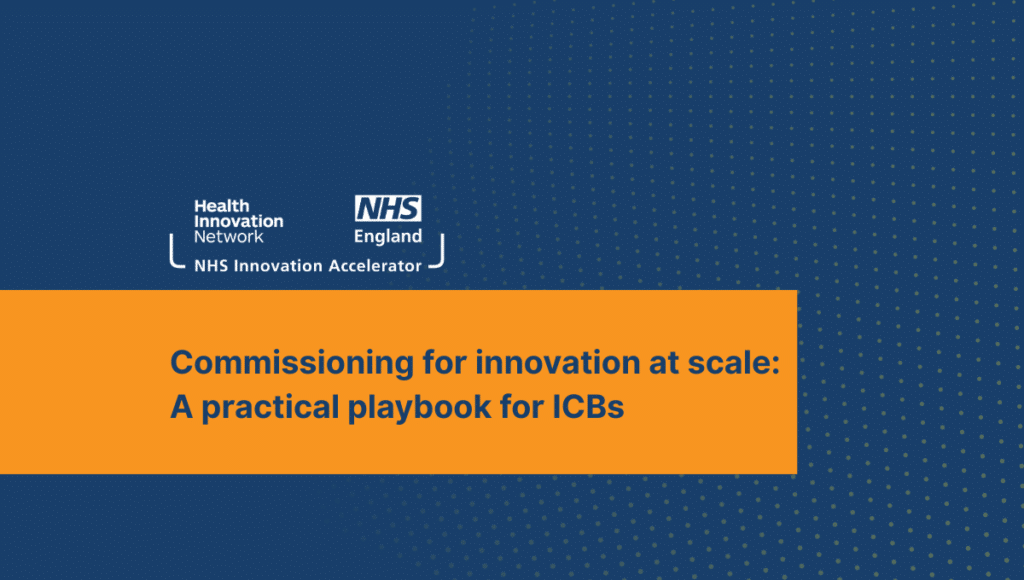
Commissioning for innovation at scale: A practical playbook for ICBs
Chris Garner introduces a practical playbook to help Integrated Care Boards commission innovation at scale and how to replicate success…
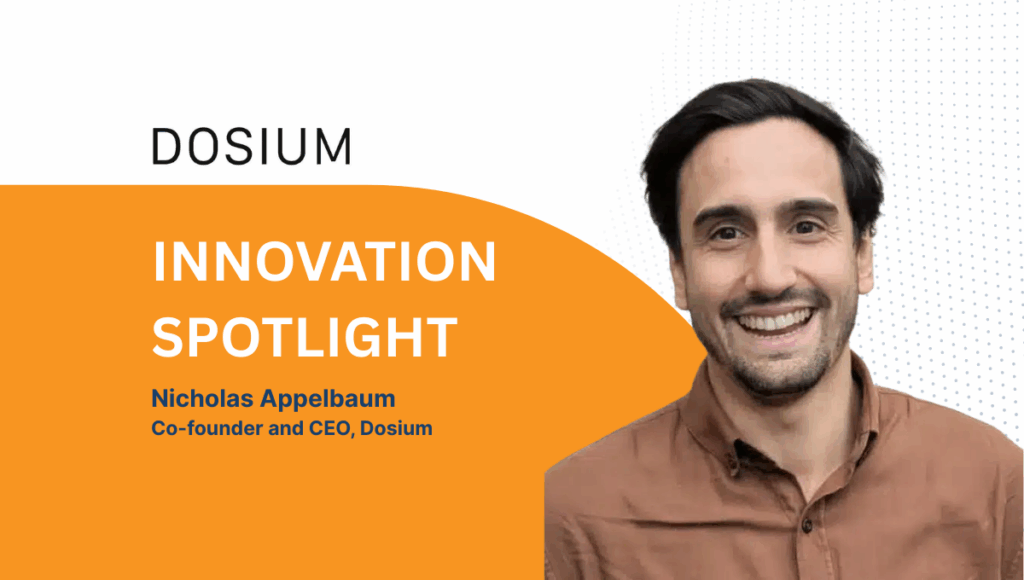
Touchdose: Precision prescribing for a safer NHS
Find out how Touchdose is driving safer, more accurate prescribing.
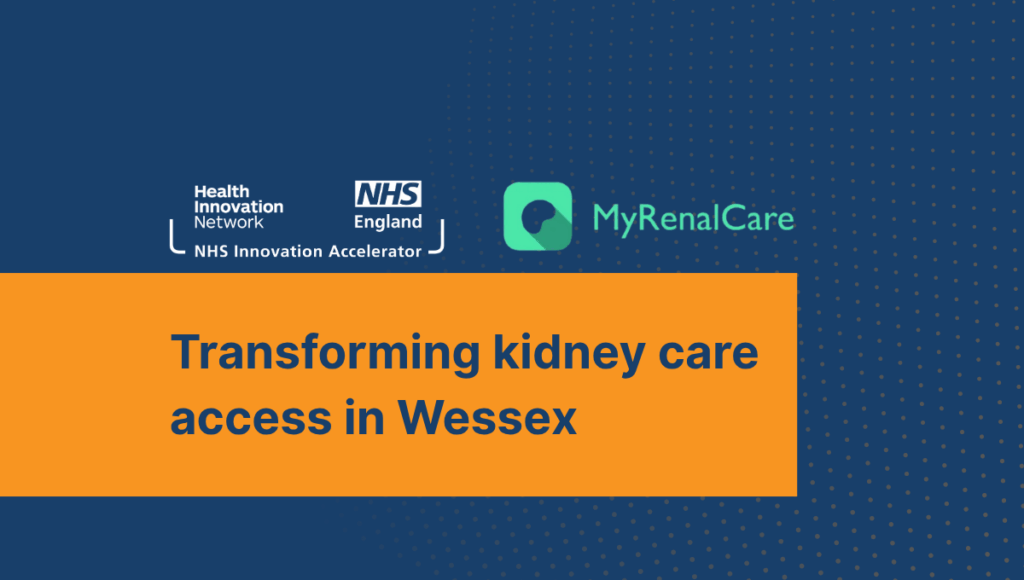
Transforming kidney care access in Wessex
Wessex Kidney Centre implemented MyRenalCare which has transformed kidney care delivery by improving patient access, experience and outcomes while enhancing…
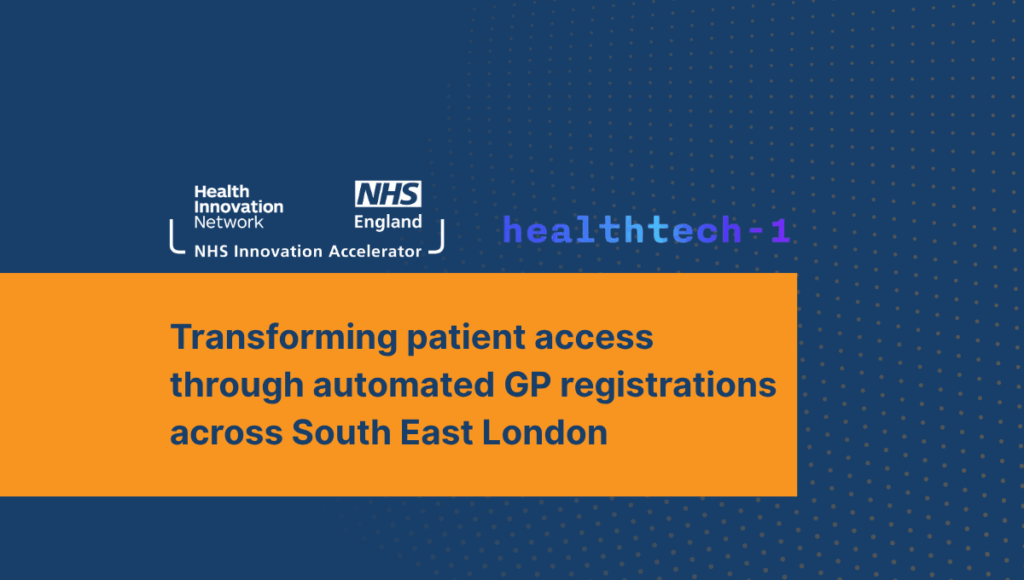
Transforming patient access through automated GP registrations across South East London
South East London ICB implemented Healthtech-1, an automated registration system, across their GP practices which led to better patient experience,…

The Pinpoint Test: A smarter, faster way to detect cancer risk
Find out how the Pinpoint Test is helping clinicians prioritise people who are most at risk of getting cancer and…